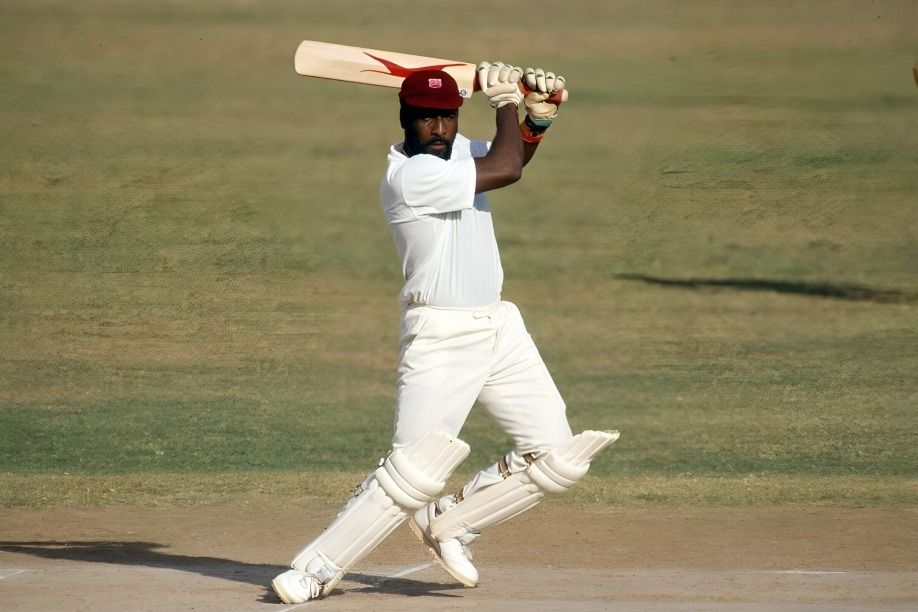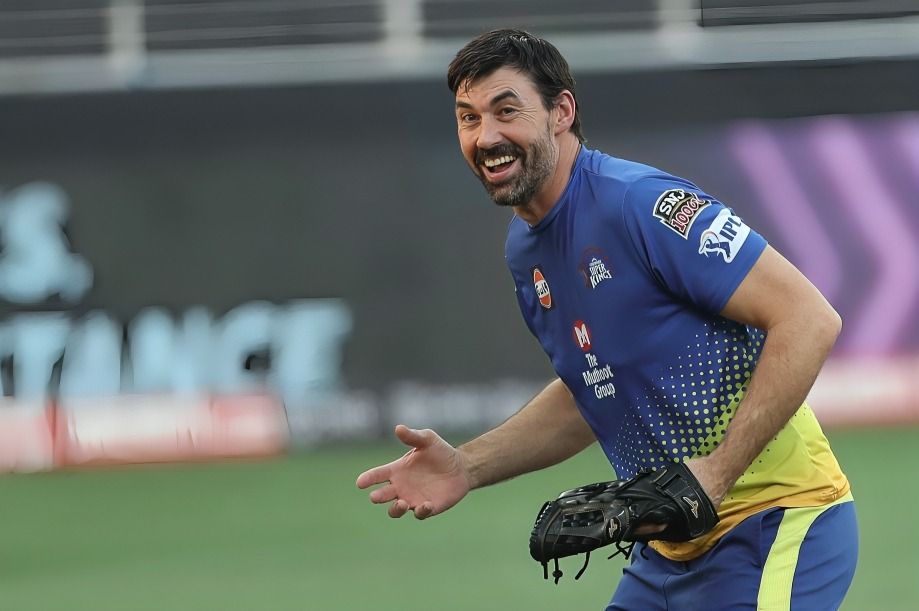
Cricket has seen extraordinary captains throughout its long history, with their leadership and tactical brilliance shaping the game we know today. The Greatest Cricket Captains not only guided their teams to memorable victories but also left a lasting impact on the sport. From innovative strategies to leading in high-pressure moments, these captains defined eras in cricket. In this blog, we explore 20 fascinating facts about the most iconic cricket captains, delving into their remarkable careers, achievements, and leadership qualities. Join us in celebrating these legendary figures who led with skill, determination, and an unwavering passion for cricket. 1
Sir Don Bradman, the legendary Australian captain, holds the highest Test batting average in history, an astounding 99.94. His leadership in the 1930s and 1940s inspired generations, making him one of cricket's most respected captains ever. 2
Clive Lloyd captained the West Indies during their golden era, leading them to two consecutive World Cup victories in 1975 and 1979. His aggressive leadership style transformed the West Indies into an unstoppable force in international cricket. 3
MS Dhoni, India’s most successful captain, led his team to victories in all major ICC tournaments: the T20 World Cup (2007), the ODI World Cup (2011), and the Champions Trophy (2013). His calm demeanor earned him the nickname "Captain Cool." 4
Steve Waugh is remembered for his relentless approach and winning mentality, guiding Australia to dominance in the late 1990s and early 2000s. Under his leadership, Australia won 16 consecutive Test matches, a world record at the time. 5
Imran Khan, the charismatic Pakistan captain, led his team to their first-ever World Cup victory in 1992. His inspirational leadership not only transformed Pakistan's cricket fortunes but also made him a national hero. 6
Ricky Ponting is Australia's most successful captain, with 48 Test wins, including two back-to-back World Cup triumphs in 2003 and 2007. His tactical brilliance and aggressive batting earned him global recognition as one of the best captains ever. 7

Viv Richards, known for his attacking play, captured the West Indies with unmatched swagger during the 1980s. Under his leadership, the West Indies never lost a Test series, cementing his legacy as one of the greatest cricket captains.
Allan Border was the captain who brought Australia out of a rough patch in the 1980s. Known for his grit, Border led Australia to their first World Cup win in 1987 and became a symbol of resilience and hard work. 8
Arjuna Ranatunga captained Sri Lanka to their first-ever World Cup win in 1996. His leadership transformed Sri Lankan cricket, helping the team rise from underdogs to world champions, marking a turning point in their cricket history. 9
Hansie Cronje, South Africa’s controversial yet impactful captain, led his team to 27 Test victories. Known for his tactical brilliance, Cronje’s leadership helped shape South Africa’s resurgence in cricket after their international readmission. 10
Michael Clarke, Australia's captain, led his team to a dominant World Cup victory in 2015. Despite injuries and criticism, Clarke’s tactical acumen and leadership helped Australia maintain its dominance in world cricket during his tenure. 11
Kapil Dev, India’s captain, led the team to their first World Cup win in 1983. His aggressive bowling and inspirational leadership energized Indian cricket, helping them pull off one of the greatest upsets in World Cup history. 12
Shaun Pollock, South Africa’s captain from 2000 to 2003, maintained the team’s formidable consistency. Known for his sportsmanship, Pollock helped South Africa remain competitive globally, especially in the Test format during his tenure.13
Kumar Sangakkara, known for his elegant batting, captained Sri Lanka with intelligence and grace. Under his leadership, Sri Lanka reached two ICC tournament finals, and Sangakkara became one of the most respected leaders in world cricket. 14
Eoin Morgan led England to their first-ever ODI World Cup victory in 2019. His innovative captaincy and bold approach, especially in limited-overs cricket, transformed England into a dominant white-ball side globally. 15

Stephen Fleming is considered one of cricket's finest captains, leading New Zealand with strategic acumen and a calm demeanor. His ability to inspire teammates and navigate tough matches solidified his legacy in the sport's history.
Under Graeme Smith’s leadership, South Africa became the first team to defeat Australia in Australia in 16 years. Smith’s ability to inspire his team during challenging tours earned him global admiration and respect. 16
Andrew Strauss captained England to their first Ashes victory in Australia since 1986-87. His leadership helped reshape English cricket, restoring their pride in Test cricket and making them a competitive force in global tournaments. 17
Mahela Jayawardene, recognized for his tactical acumen, guided Sri Lanka to multiple ICC tournament finals. His calm, strategic leadership made him a respected captain, particularly in Test cricket, where his decisions often turned matches. 18
Sourav Ganguly revitalized the Indian cricket team in the early 2000s, promoting aggression and confidence. His leadership fostered a strong team spirit, resulting in significant achievements, including reaching the 2003 World Cup final. 19